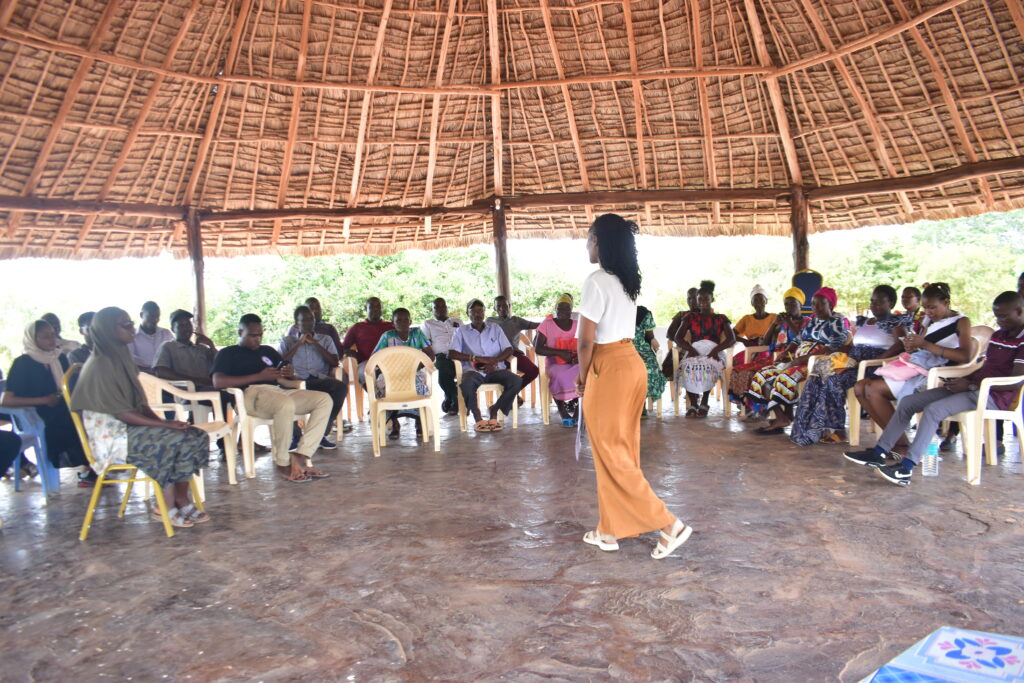In 2022, I travelled to Garashi to research charcoal burning and its impact on the environment. What began as an academic inquiry soon became something far more personal. As I spent months living among the community, walking their dusty paths, sharing their meals, and listening to their struggles, something remarkable happened—they adopted me as one of their own and gave me the name Katune. It was a name that came with belonging, responsibility, and a deep understanding of the challenges they faced daily.
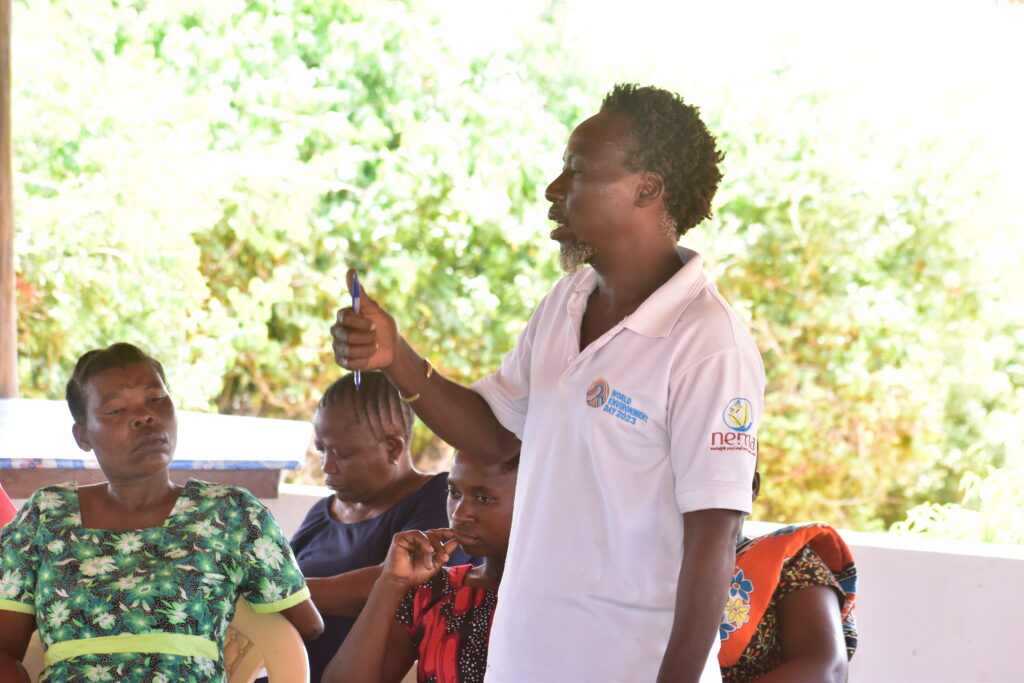
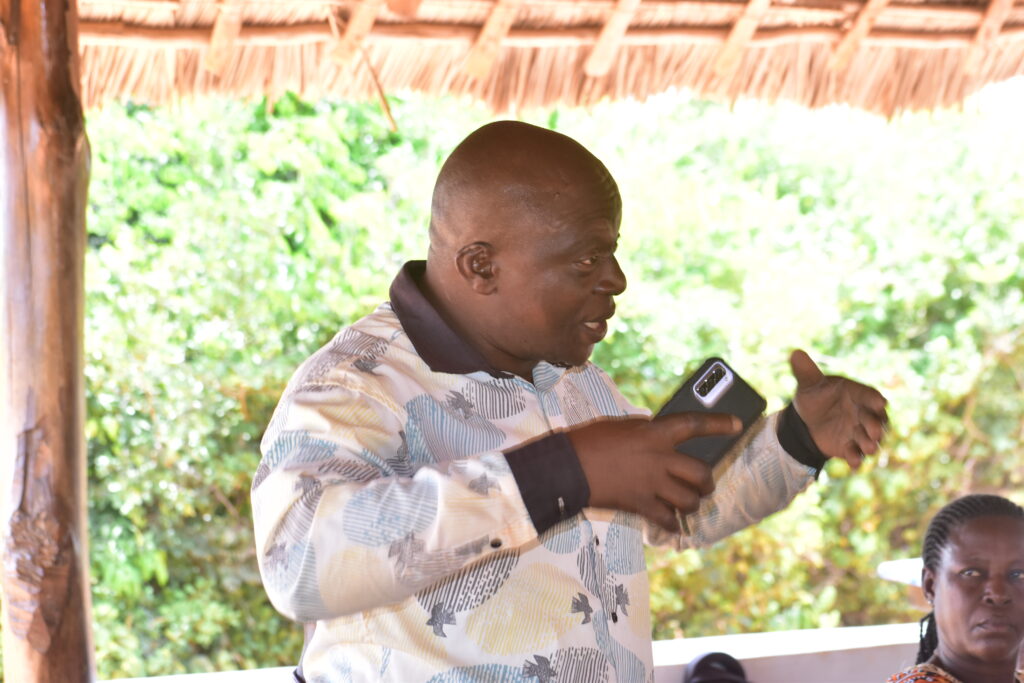
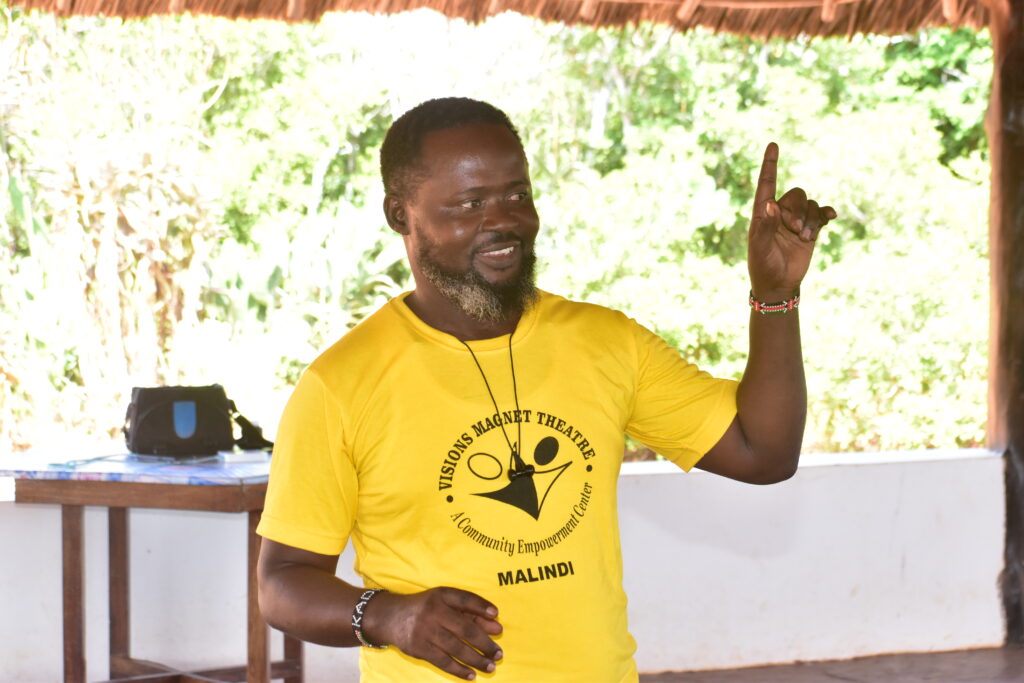
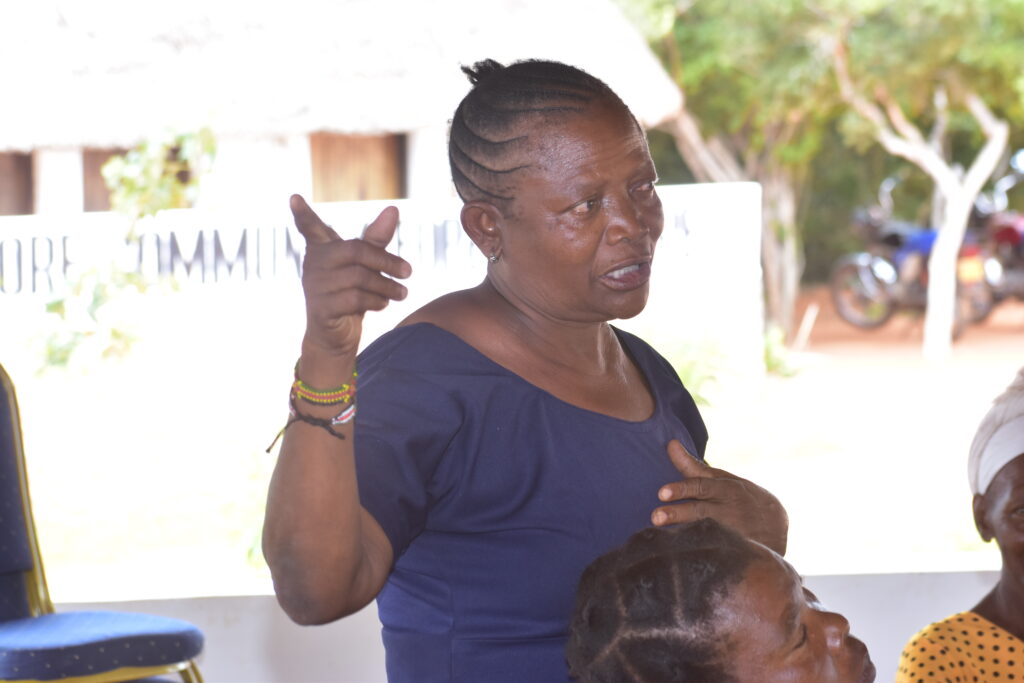
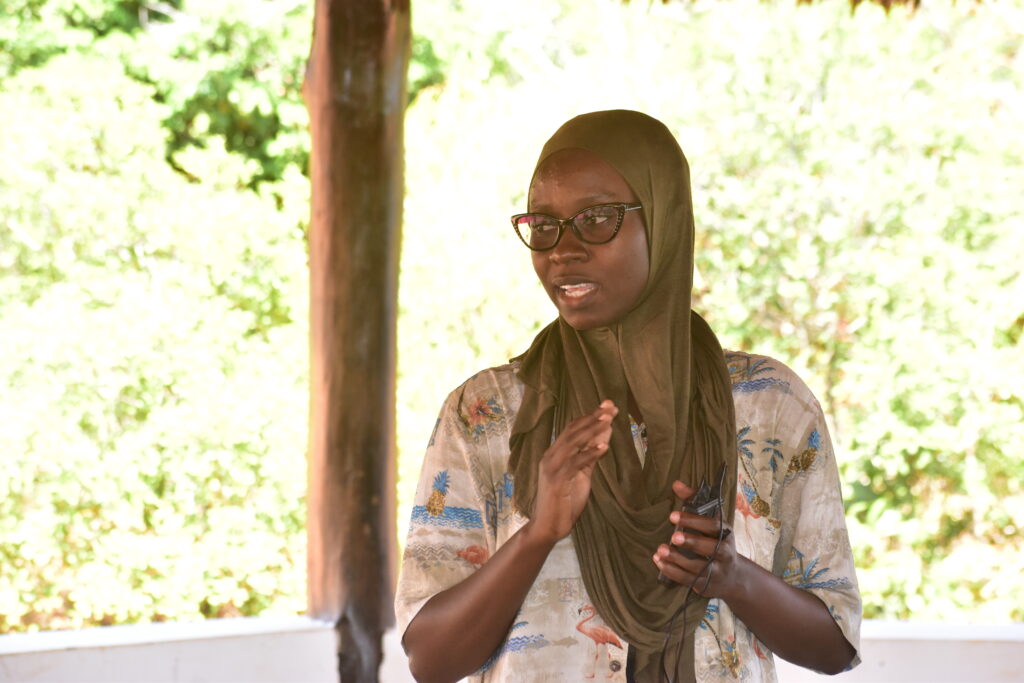
For the people of Garashi, climate change is not an abstract issue. It is not just about rising global temperatures or international policies—it is about whether their farms will produce food, whether their homes will survive the next flood, and whether they will have water tomorrow. The land they depend on is changing before their eyes. Rainfall has become erratic, forests are disappearing, the once-mighty Galana River is drying up, and floods sweep away farms where trees once stood as natural barriers.
It was in this context that Gumzo Mashinani was born—a space for the community to come together and lead their own conversation about climate action and sustainable development. This was not another externally driven project where experts imposed solutions. It was a space where Garashi residents spoke for themselves, sharing what was working, what was failing, and what they needed to build a sustainable future.
Through this dialogue, some hard truths emerged. Despite multiple interventions over the years—irrigation projects, fish ponds, beekeeping programs—little had changed. Projects were introduced, but they were rarely designed with the community, and when external support ended, so did the impact. Illegal logging, enabled by corrupt licensing, continued to strip the land of its last defences against climate extremes. Meanwhile, water remained the community’s most urgent and unsolved crisis—women still walked up to 15 kilometres daily to fetch it.
But there was also hope. The people of Garashi are not waiting to be rescued—they are ready to take charge of their future. They identified clear priorities for moving forward:
- Sustainable livelihoods that do not depend on deforestation so that survival no longer comes at the cost of the environment.
- Reliable water access through long-term infrastructure so that clean water is no longer a daily struggle.
- Community-led conservation efforts because they know better than anyone how to protect their land.
- Stronger governance and accountability to stop illegal logging and environmental exploitation.
Gumzo Mashinani was not just a conversation but a reckoning moment. The decisions we make today—whether as policymakers, organisations, or individuals—will determine whether Garashi thrives or disappears.
Now is the time to act.📢 Read the full report and join the movement for locally-led climate action.

